Keeping children with disabilities in education
Twice the number of children with disabilities face losing their education, compared to children without disabilities, because of the COVID-19 pandemic. Inclusive Futures has supported pupils to continue learning at home.
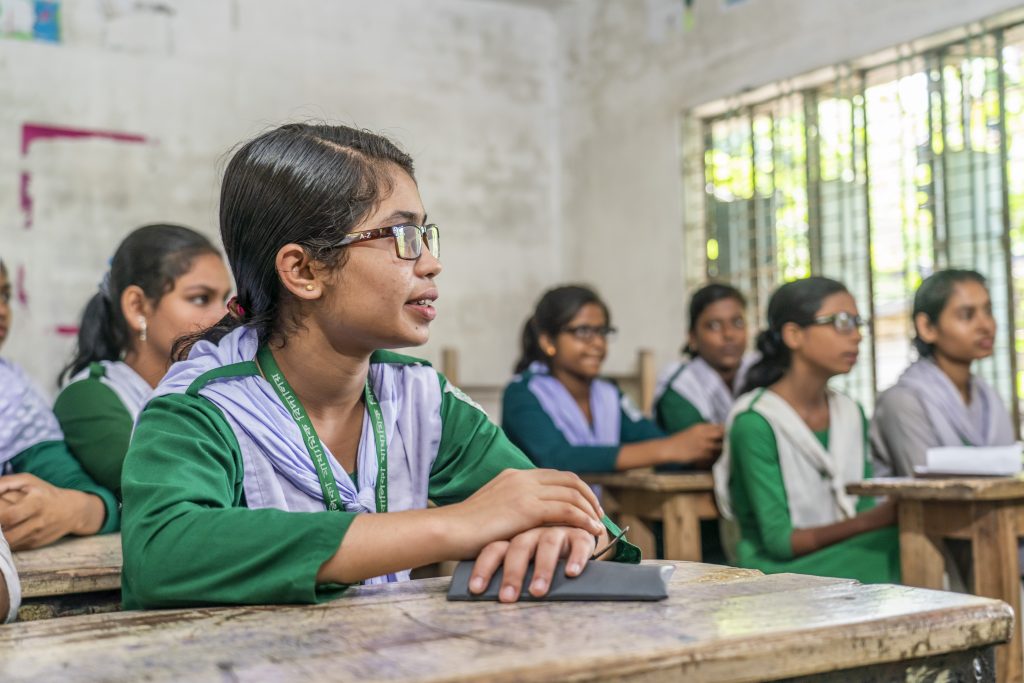
When Akhi’s school in Bangladesh was closed, she feared that her future education was in jeopardy.
“I was disappointed,” the 17-year-old says. “There is no one at my home to guide me in education and I had to stop taking private tuition. All these things made me so sad.
“Neighbours were telling my parents to stop my education permanently and to think about my marriage. I was very scared, thinking of whether I could even go back to my school and start my study again.”
According to research by Save the Children, 13 per cent of parents of children with disabilities do not expect their children to return to school, compared to six per cent without disabilities.
As part of the Inclusive Futures response to COVID-19, children with disabilities like Akhi have been given educational support to continue learning from home.
“I received guidebooks,” says Akhi, “and financial support for private tuition for two months. This is just like a ray of hope to me. I can think about continuing my education again and my family is also encouraged through this.
“Now, I’m just wishing my school will open. I will continue going to school and sit for the board exam.”
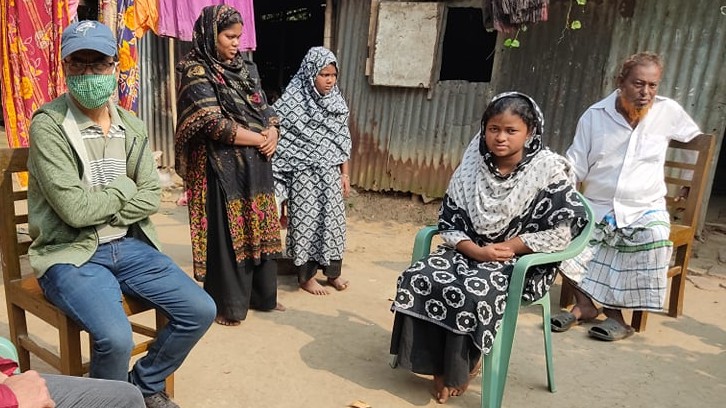
Recovering from the pandemic
At the outbreak of COVID-19, Inclusive Futures quickly adapted its programmes to support more than 60,000 people with disabilities.
The UK aid supported work involved 10 partners delivering a wide range of interventions, including: providing cash transfers, hygiene products and psychosocial support in Bangladesh and Nepal; auditing, improving and promoting access to health services in Nigeria and Nepal; and building the resilience of micro-businesses run by entrepreneurs with disabilities to withstand economic uncertainty in Kenya.
“Our COVID-19 portfolio ended in December 2020, but the pandemic will continue to be a focus for us as we re-plan our regular programming,” says Inclusive Futures programme director Johannes Trimmel. “Ensuring people with disabilities are included in the global recovery from COVID-19 will be a huge focus for us.
“For example, our programmes focusing on education for people with disabilities will adapt to make sure children like Akhi are not missing out on their education because of the pandemic interrupting schooling. Through our education programmes we’ll also try to get those children with disabilities who have never been in school into education for the first time.”
Learning from the pandemic
Inclusive Futures is producing evidence about what works – and what doesn’t – to include people with disabilities in international development and humanitarian responses.
Emerging learnings from the COVID-19 work, which will be published in detail later this year, show that partnership and collaboration with organisations of people with disabilities (OPDs) is vital for disability inclusion programmes to be successful.
“We know that OPDs need to be partners in all parts of development,” says Trimmel. “But how you make that happen in practice is something we’re building practical learnings and evidence about to support the wider sector.
“We’ve seen through COVID-19 that OPDs were first to respond to the needs of people with disabilities in their communities – before any humanitarian actors were there,” he continues.
“They were able to use existing networks to provide people with disabilities with reliable information about COVID-19. They know what is needed by people with disabilities and helped to shape our work – for example including cash support for people with disabilities. OPDs are also the most effective at advocating to authorities, governments and, in this instance, humanitarian actors, about the real experiences people are facing, and to make sure responses are inclusive of people with disabilities.
“The pandemic is far from over and it has widened the inequalities for people with disabilities. The work of our programme is now more important than ever.”
Related stories
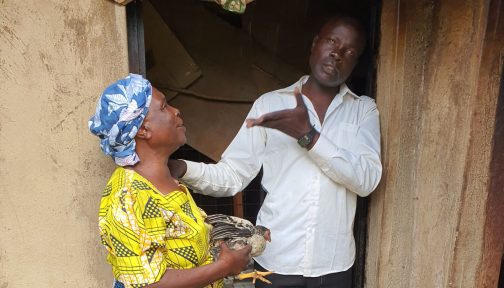
Losing your income during COVID-19: how Inclusive Futures is supporting people with disabilities
Worldwide, many people with disabilities have lost part or all their income as a result of restrictions imposed to control COVID-19. Inclusive Futures is providing immediate relief and long-term support for people with disabilities.
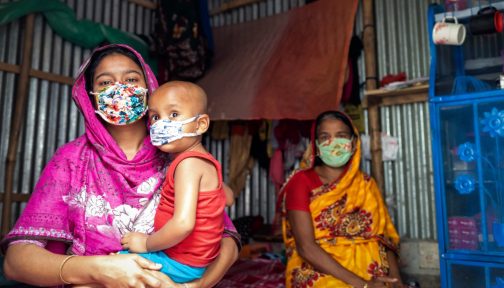
Our disability-inclusive COVID-19 work around the world
Find out about our disability-inclusive COVID-19 work in Kenya, Nigeria, Tanzania and supporting the UK government.
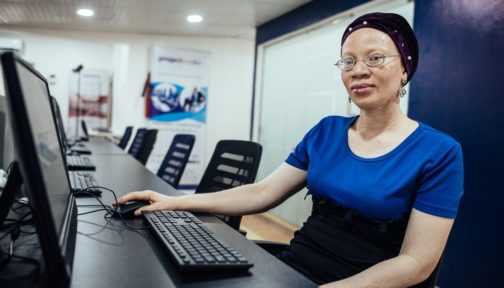
Jobseekers with disabilities and COVID-19
When COVID-19 struck, many people with disabilities were already taking part in our Inclusive Futures formal employment programme. The pandemic has had a significant impact: some people have lost their jobs, while others fear the economic impact of COVID-19 will reduce their chances of getting work. Here they share their stories.
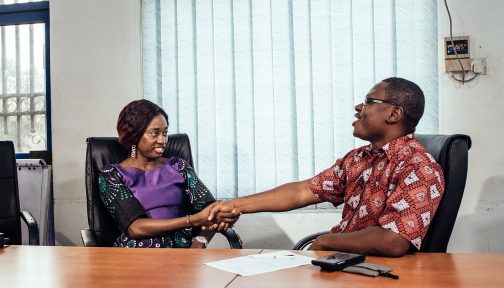
Inclusive business recovery post COVID-19
The challenges for jobseekers with disabilities were complex before the economic impact of COVID-19. Now they not only have to overcome barriers of stigma and discrimination, but also convince businesses, which are struggling to stay afloat, that inclusion should still be a priority.
